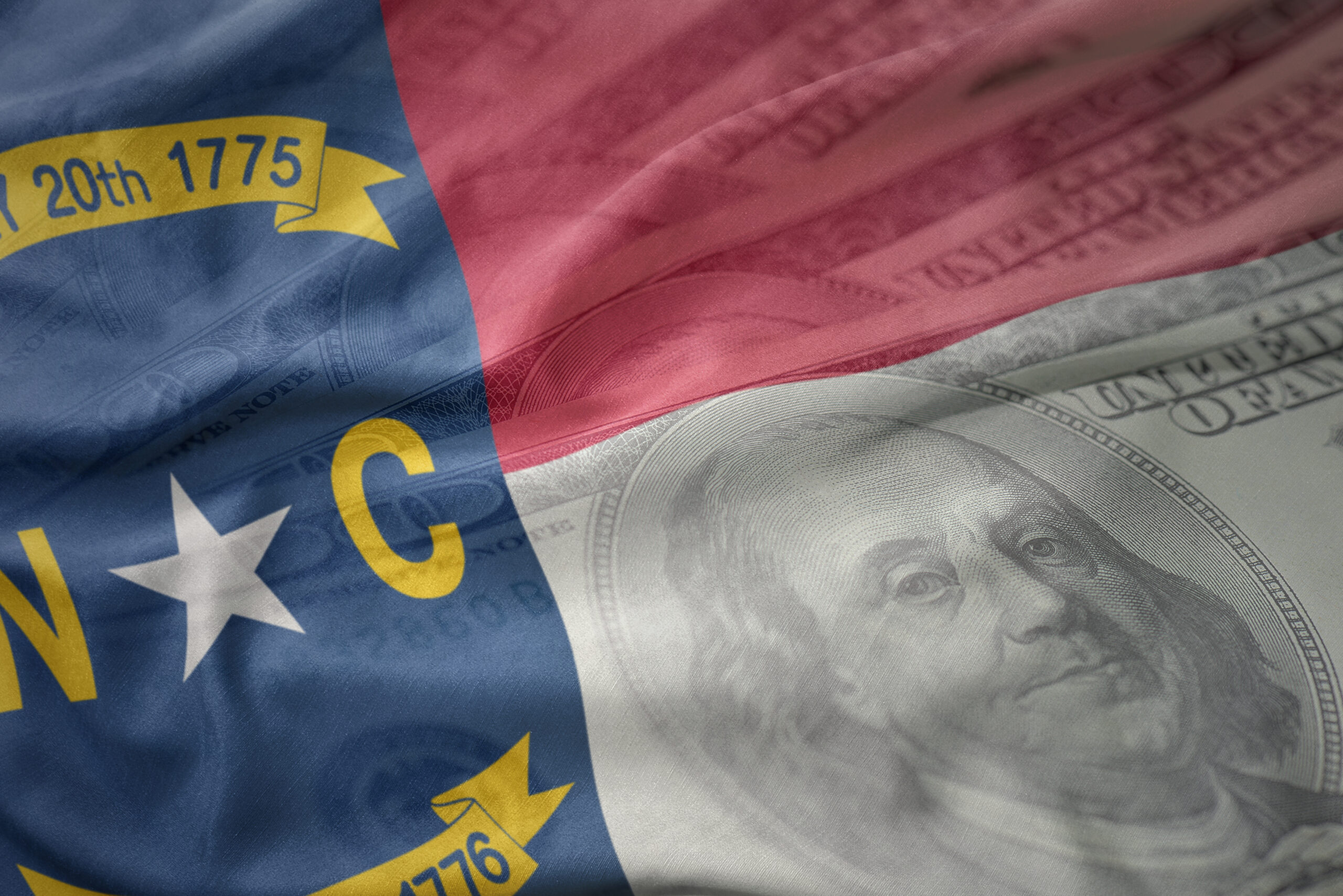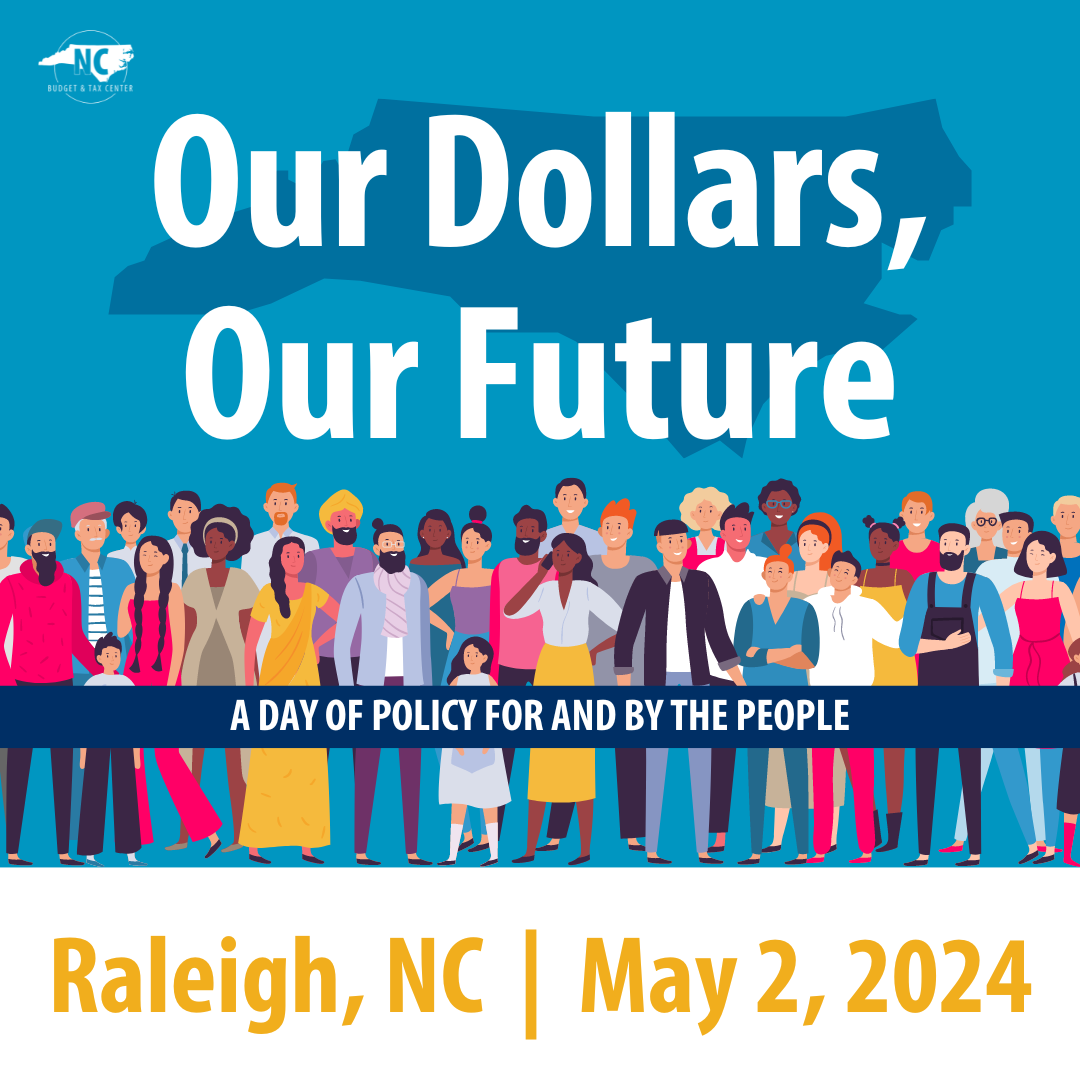
With interest rates falling and job growth slowing, North Carolina workers face an uncertain 2023
The Federal Reserve did what most market watchers expected and hiked interest rates yesterday, bringing the federal benchmark to 4.4 percent, the highest rate in 15 years. The size of the hike was smaller than the last several rounds as it appears Fed policy is finally taking some of the sting out of inflation. But how far does the Fed need to go to truly get inflation under control and what cost will working North Carolinians pay in the process?
Let’s start with the good news. It certainly appears that Federal Reserve policy changes are starting to have a real impact on inflation. After peaking in June, the annual rate of inflation has now fallen for 5 consecutive months. While the cost of food and housing continue to rise, many consumers are getting some relief at the gas pump and on their utility bills as energy prices broadly have decreased for the last two months. The cost of basic necessities is still putting the hurt to many people with low and moderate incomes , but at least we’ve seen the first sustained improvement since prices took off in early 2021.
The big question is where we go from here and whether Fed policy can fully stabilize prices without causing a recession, or how deep any potential recession may prove. Even after falling by more than two percentage points, the 7.6 percent annual rate of inflation in the South is still far above the Federal Reserve’s target of 2 percent. That means more rate increases are extremely likely, which will make it harder for businesses to hire and has already contributed to a raft of layoffs at many of the biggest tech companies in the United States. Federal Reserve Chairman Jerome Powell counseled against making any strong predictions about how the fight to reduce inflation will play out, saying “No one knows whether this process will lead to a recession or, if so, how significant that recession would be.” The Fed projects that the national unemployment rate will inch up next year, but we should still heed Chair Powell’s advice to take predictions in this climate with a healthy pinch of salt.
There are some indications that rising interest rates are also slowing the pace of hiring in North Carolina. After a very strong summer of hiring, the pace of job growth has slowed during each of the last three months with just over 5,000 job added in November, compared to nearly 34,000 in July.
While growth has slowed, monthly average job creation is still running ahead of last year and employers in North Carolina are still on the hunt for workers. North Carolina has added a net average of just over 16,500 jobs a month this year, roughly 3000 more per month than in 2021. The most recent data shows employers had around 360,000 jobs on offer in October, which is higher than the same month last year.
Thus far the economic fallout of Fed policy has been largely contained to workers with the best ability to cope with a layoff. Unlike the Great Recession, the first impacts have been in the tech sector where several major companies announced layoffs in recent months, including household names like Netflix, Microsoft, Tesla, and Facebook parent company Meta. Many of these companies are particularly vulnerable to increasing interest rates and over-hired during the pandemic, so some of this is an expected correction. Even more importantly, many of the people who have lost their jobs earned good wages and have plenty of employment opportunities, so are best able to weather being out of work for a little while.
We still don’t know what 2023 will bring for low and moderate-income families and workers. If the economy continues to cool, it won’t just be well-paid computer programmers who could see their jobs disappear. If we end up in a recession, state and federal leaders are going to have to step in to help. Otherwise, people with the least means will pay the greatest price as the Fed works to get prices under control.


